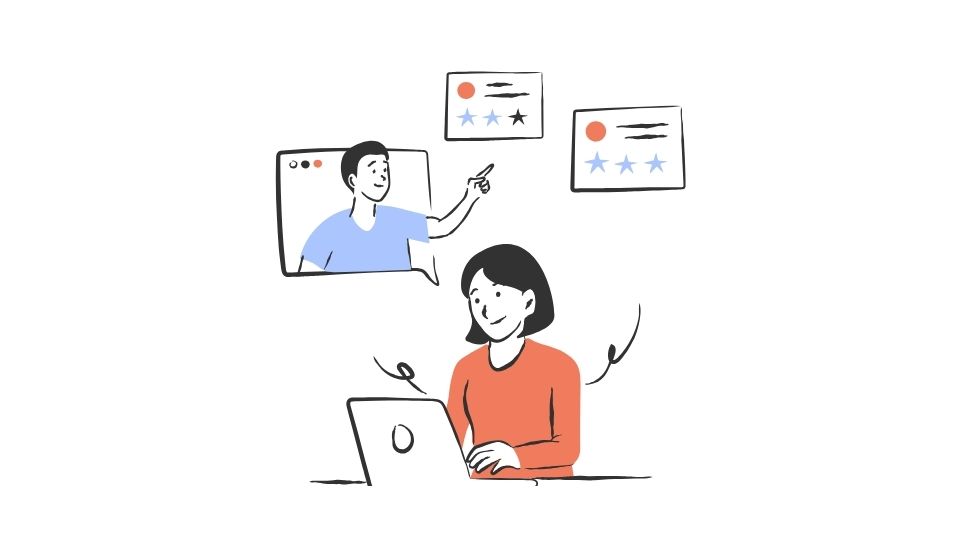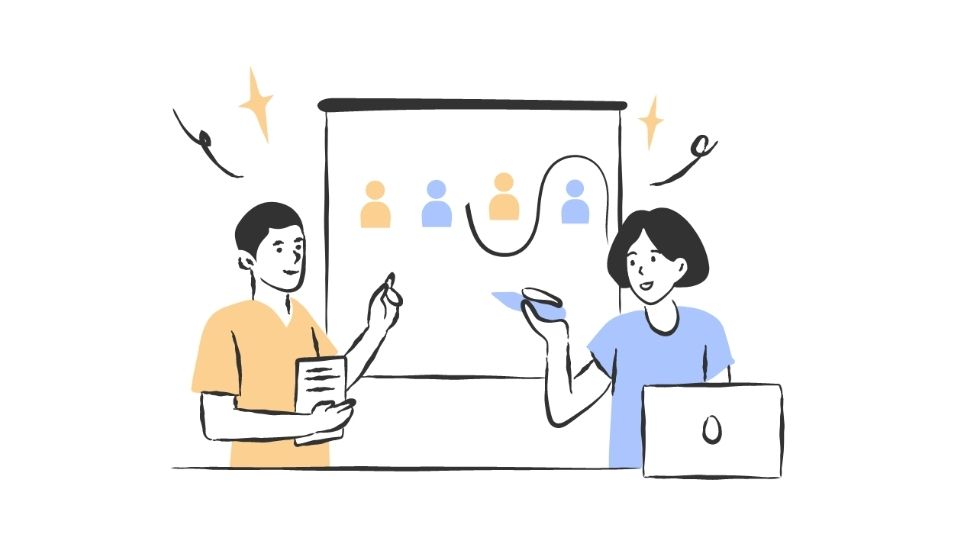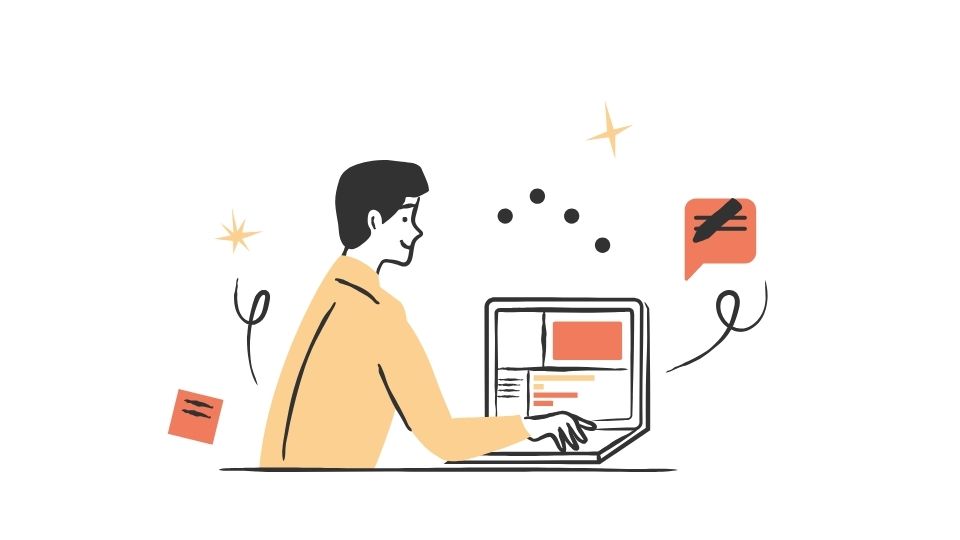How to Find Meaning and Motivation in Your Current Job

Finding purpose at your current job isn’t just some fluffy nice-to-have. It’s the difference between dragging yourself to work every Monday and actually feeling like what you do matters.
I get it – not every job feels meaningful. Sometimes you’re just there for the paycheck. But what if you could transform that same job into something that energizes you?
Let’s be real: most of us spend more waking hours working than doing anything else. So finding purpose isn’t just about career satisfaction – it’s about life satisfaction.
Whether you’re planning your escape route or settling in for the long haul, here’s how to inject some actual meaning into that job you’ve already got.
8 Ways to Find Purpose in Your Current Job (Without Quitting)
1. Figure out what actually matters to you

Before you can find purpose, you need to know what purpose looks like for you specifically.
Grab a notebook and ask yourself:
- What tasks make me lose track of time?
- What kinds of work problems do I actually enjoy solving?
- What values do I want my work to reflect? (Creativity? Helping others? Building cool stuff?)
Your values are like your personal GPS. When your daily work aligns with them, you’ll naturally feel more connected to what you’re doing.
For example, if you value creativity but work in accounting, maybe you can find ways to create more elegant solutions to financial problems or design better reporting templates.
2. Connect your tiny tasks to the bigger mission
Ever feel like you’re just pushing papers or clicking buttons all day? The secret is zooming out to see how your role fits into the larger organizational mission.
Even seemingly mundane tasks can feel meaningful when you understand their importance:
- That spreadsheet? It helps leadership make decisions that keep everyone employed.
- Those customer emails? They’re maintaining relationships that keep the business alive.
- That data entry? It’s creating the foundation for insights that drive the company forward.
If you can’t see the connection, ask your manager: “I’d love to better understand how my role contributes to our team’s goals and the company’s mission.” Most leaders will be thrilled you asked.
3. Build skills that light you up (and matter for the future)

Purpose often comes from mastery and growth. Identify skills that:
- You genuinely enjoy developing
- Add value to your organization
- Will remain relevant as your industry evolves
Then find ways to practice these skills in your current role. Research shows that learning new skills is one of the strongest predictors of engagement at work.
For example, if you’re interested in data analysis but work in customer service, you could offer to help analyze customer feedback patterns or create dashboards to track team performance.
4. Redesign your job (without technically changing positions)
This is where it gets interesting. Job crafting is the art of reshaping your role to better match your strengths and interests – without officially changing your job title.
Try these approaches:
- Task crafting: Volunteer for projects aligned with your interests
- Relationship crafting: Collaborate with colleagues whose work energizes you
- Cognitive crafting: Shift how you think about your responsibilities to highlight their meaning
Small example: If you’re in marketing but love mentoring, offer to train new team members or create documentation that helps others learn.
Big example: Identify an unmet need in your organization that aligns with your interests, and propose a solution you could implement alongside your current duties.
5. Build relationships that give work meaning

Humans are wired for connection. Often, the most meaningful aspects of work have nothing to do with the tasks themselves but with the people we impact.
Invest in:
- Building genuine relationships with colleagues
- Understanding how your work helps others succeed
- Finding mentors who can guide your growth
One study found that people with a best friend at work are seven times more likely to be engaged in their jobs.
6. Reflect and adjust regularly
Purpose isn’t static – it evolves as you do. Schedule regular check-ins with yourself:
Monthly: Review what parts of your work felt most energizing or meaningful.
Quarterly: Assess whether you’re moving toward greater purpose or drifting away.
Annually: Consider how your definition of meaningful work might be changing.
Use these insights to make micro-adjustments to your role and focus.
7. Ride the wave of workplace trends
The future of work is changing rapidly with AI, remote work, and emphasis on wellbeing. Use these trends to enhance your purpose:
- Explore how AI tools could automate your boring tasks, freeing you for more meaningful work
- If remote/flexible work enhances your wellbeing, advocate for arrangements that support this
- Position yourself at the intersection of your interests and emerging skills that will be valuable
8. Extend your impact beyond your job description

Sometimes purpose comes from using your role as a platform for broader impact:
- Volunteer for company initiatives that align with causes you care about
- Mentor junior colleagues or interns
- Start an interest group or community around topics you’re passionate about
These activities can transform an ordinary job into a meaningful career because you’re creating ripple effects beyond your formal responsibilities.
Making It Happen: Your Purpose Action Plan
Here’s your game plan for injecting purpose into your current job:
- This week: Identify your top 3 work values and assess how your current role aligns with them
- Next week: Have a conversation with your manager about how your role contributes to the bigger picture
- This month: Volunteer for one project that better aligns with your interests and strengths
- This quarter: Build or deepen one meaningful work relationship
- This year: Develop one new skill that makes your work more purposeful
Remember – finding purpose isn’t always about changing jobs. Sometimes it’s about changing how you approach the job you already have.
Most people wait for the perfect job to feel fulfilled. Smart people create meaning in whatever job they have right now.
What small change could you make tomorrow to find more purpose in your work? That’s where your journey begins.

